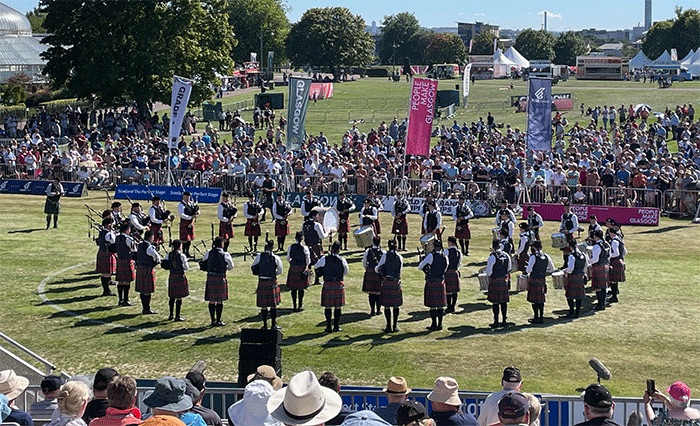
The following offer some general observations I noted over the two days regarding the bands which played in the main arena.
The four in Juvenile played their musical medleys very well and illustrated the standard of tuition in the schools they represented. It is just a pity the numbers in this grade have been in single figures in recent years. Hopefully they can be expanded as the pandemic recovery continues.
I was also disappointed that these bands could not have played before a larger audience. The main stand was almost empty.
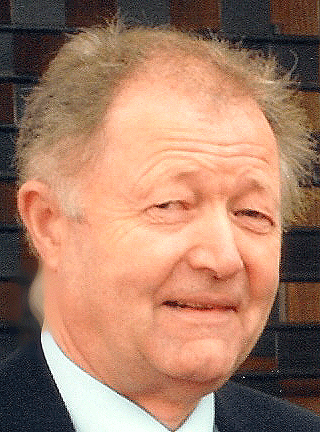
By Alistair Aitken OBE
During the Grade 1 MSR on Saturday I was interested to hear three different interpretations of the Cameronian Rant, all of which were musical in different ways according to the drumming accompaniment.
I thought that of Scottish Power, with its more subtle drumming effect, was the more musical, closely followed by Inveraray. This came across to me as a little more technical and dominant. Shotts’ version also had its merits musically.
I thought Inveraray’s interpretation of the Little Cascade a joy to listen to in terms of clarity and musical effect.
Listen to Inveraray’s Cameronian Rant and Little Cascade (3 mins.30 in) ….
Another aspect which struck me was the visual effect of tenor drummers in all the bands – rarely mentioned by drumming adjudicators. It made me wonder if this is included in the assessment of marching and deportment judges.
On the other hand it seemed to me that there were some minor distortions in tenor drum sounds in terms of balance. Tuning these drums in the extremely hot conditions might have proved challenging.
By chance my Saturday ticket allowed me to sit in Stand A five rows up, directly ahead of the competing circle. In that position I could hear all the performances clearly with the same sound projection. I could also see all the players from the start line as well as in the circle.
I have suggested on a number of occasions over the years that it would be useful to have a trial with all four adjudicators seated on a raised platform at a similar height but closer to the bands. That would allow them to hear the performances the same way and allow more time for them to write their assessment.
Only one drumming judge walked to the front to hear the drumming though the pipes. The others all stood behind the snares where the full blast of the drums overshadows the piping. That for me tends to put the focus on technical aspects of the drumming rather than its musical impact.
I know there are differing views about this but it is after all a ‘pipe band’ competition and the drumming should not be assessed in isolation. Similarly only two of the ensemble adjudicators stood well back from the bands where they could hear the collective band to better effect.
Another thing which struck me from my Saturday position was during the performance of the Police Scotland and Federation Pipe Band. When the band left the starting line the overall band sound seemed unbalanced with the snare drums sounding flattish in relation to the pipes.
’70s Tribute Band at Worlds 2022…..
When the band reached the circle it had formed into what was roughly a square. The players then very smartly turned in to form a circle along with the drummers and suddenly the overall band sound was much better balanced.
That illustrated to me one of the main reasons for pipe bands traditionally competing in a circle as the original thinking all these years ago was that the circle contains and balances the sounds much better. I am conscious of course that many people would now prefer a semi-circle orchestra formation. That format would result in a significantly different sound projection forwards with a more dominant chanter sound.
In closing I must also mention the performance of the ’70s Tribute band which played on Saturday between the Grade 1 competitions. This took us back to 1970 when Shotts and Dykehead won the first ever Medley competition at the Worlds (when Ensemble adjudication was also introduced).
I remember Aberdeen 1970 very well and it was good to hear familiar tunes and familiar Alex Duthart drum scores. Congratulations to David Caldwell and John Scullion for bringing all the players together (including the Editor of Piping Press) and entertaining the spectators with a touch of nostalgia.
-
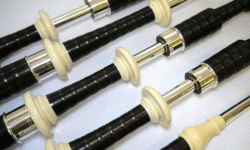 Bagpipes – DN4A – High Quality Set in Plain SilverPrice range: £200.00 through £2,052.00
Bagpipes – DN4A – High Quality Set in Plain SilverPrice range: £200.00 through £2,052.00 -
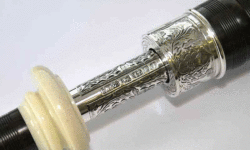 Bagpipes – DN5 – The Finest Bagpipe AvailablePrice range: £300.00 through £3,424.00
Bagpipes – DN5 – The Finest Bagpipe AvailablePrice range: £300.00 through £3,424.00 -
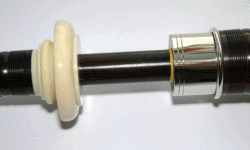 Bagpipes – DN1, High Quality InstrumentPrice range: £100.00 through £1,250.00
Bagpipes – DN1, High Quality InstrumentPrice range: £100.00 through £1,250.00















I enjoyed the 1970 Tribute Band’s performance. As a young learner in the Seven Towers Pipe Band I watched the Portrush competition from Ramore Head in 1971 not knowing why so many bands played the Hills of Alva. I know now!
I spent the day at the world’s on the Saturday and although I thoroughly enjoyed it there could be one or two things that could be done to make the day even better.
I am particularly disabled and found the the lack of seat was very bad planning I couldn’t walk round the whole park and had to make my way back to the bus on a number os occasions I think this could be addressed by having reasonably priced pre booked buggies to hire and plenty of chairs/tables. Also in the article piping reflections on the world’s you can’t understand why the stands were almost empty I think if you look at your prices you will find the answer there please give this consideration and advertise the event better and tell people that you have extra seats a disabled buggies.
Other years there was stands
at the lower grades.
When competitions were finished people
were able to rest in them.
Where have they gone?
One of the many highlights for me this year was listening to Inveraray playing the MSR Kilbowie Cottage, Cameronian Rant and The Little Cascade, tunes of some difficulty and complexity. Overall the standard of piping and drumming was exceptional this year, despite the 2 year covid lockdown. Well done and congratulations to all bands in all grades who have responded to the extended lay-off with great commitment and enthusiasm.